
Recipe for Renewal
Even if you've taken a steep fall, as long as you have the desire to improve and to seek Hashem no matter what, you have every reason to sing on Rosh Hashana...

As we look back over the past year, quite frankly there may be things we don’t even want to think about, much less talk about. Rav Shalom Arush advises us in the book Garden of Purity: “Be careful. Let the shame you feel for past sins be a catalyst for teshuva and the desire to get close to Hashem, rather than a reason to make you sad and depressed.”
We need to remember that Hashem has given us the greatest gift: the ability to do teshuva. In the CD Teshuva from Love Rabbi Lazer Brody states that Rabbi Yaakov Abuchatzeira, the great grandfather of the Baba Sali wrote a famous pamphlet on this topic. He explains that teshuva is the greatest expression of Hashem’s love for us. He allows us to undo damage to our souls caused by transgressions. When we do teshuva from love, because we don’t want to sadden or disappoint Someone Who does so much kindness for us, He then removes the blemishes from our souls and cancels our spiritual debts.
The most compassionate Banker
Rabbi Brody tells us to imagine a bank manager forgiving a $3 million debt! The damage we do to our soul is much more serious, yet Hashem wipes the slate clean. Even more so, Hashem turns around and opens up a new bank account for us. Instead of owing $3 million, He gives us a credit of $3million! He not only  forgives us, he blesses us.
forgives us, he blesses us.
Rabbi Arush writes: “Here's the big reason to be happy no matter where you are, no matter what you've done: Hashem doesn't care so much about where you are now, He cares about where you want to be! Even if you've taken a steep fall, as long as you have the desire to improve and to seek Hashem no matter what, you have every reason to sing and dance on Rosh Hashana.”
Hashem loves comebacks
In the laws of teshuva, the Rambam states that when a person sins and then repents, Hashem loves the person even more than He did before the sin. Amazing!
The Lubavitcher Rebbe, writing about the giving of the Torah, says that when we received the first set of tablets, Hashem gave them in a very high state of good will, for the Jewish people were tzadikim. When he gave us the second set, He was in an even higher state of good will for we were baalei teshuva.
This principle is reflected in the laws of physical properties. When an iron pipe is broken and welded together it is even stronger than it was before the break. Similarly when a soul is blemished and a person does teshuva the soul is strengthened and elevated to a higher status than before the sin.
Don’t let the Evil Inclination get away with his lies
One of my teachers explained that the Evil Inclination promulgates two big lies. First he tries to convince us that we can’t fix a single thing. It’s hopeless! When that doesn’t work he tells us that we have to repair everything at once. We need to tell the Evil Inclination to take a long walk off a short bridge. We’re not buying these falsehoods!
Rebbe Nachman says there is no such thing as despair. If you believe something can be ruined, believe it can be repaired. Rav Arush writes that “Hashem doesn't expect a person to be righteous overnight; as long as a person maintains desire, which is manifest in extensive prayer, He'll lead him on the path of righteousness and he'll succeed.”
At the same time, the Gemara teaches that if you try to seize too much you end up with nothing. It’s best to focus our main efforts on one item at a time. Meteoric progress is initially impressive but a meteor soon fizzles out. We need to make teshuva with love, one item at a time, one day at a time, one step at a time.
Essential ingredients
In the CD, Rabbi Brody explains how to make teshuva from love. A prerequisite is daily personal prayer. In each session we apologize for our misdeeds. This is basic courtesy. We would do this for any friend whom we’ve hurt or disappointed. How much more so should we do this for Hashem, after all He does for us!
Our personal prayer session includes an assessment of everything we’ve said or done during the previous 24 hours. We talk this over with Hashem and request forgiveness for flawed speech and behavior. We then request His help to actualize our good intentions and improve our personal conduct going forward.
What can be a greater act of love than a son or daughter wishing to speak to a parent?
“Mom, Dad, let’s go for a private walk, I want to spend an hour alone with you and share my deepest thoughts and feelings.” If you were the parent how would you feel? How do you think Hashem will react when you speak to Him in this manner?
Let’s remember:
- Shame should be a catalyst for teshuva and coming close to Hashem, not for sadness.
- Hashem is the most compassionate bank manager. He not only forgives our sins, He showers us with incredible blessings when we do teshuva with love.
- Be patient and persevere. Hashem doesn’t expect us to be perfectly righteous overnight. Let’s focus on progress, not perfection.
- The laws of teshuva say that Hashem loves a person who sins and repents even more than He did before the sin.
- We can’t fix everything but we can fix something. Let’s concentrate on one item at a time.
- Daily prayer and self-assessment are prerequisites for teshuva with love.
May each of us succeed in doing teshuva with love. This will surely elicit great blessings and salvations from our Father and King in the coming New Year, Amen.



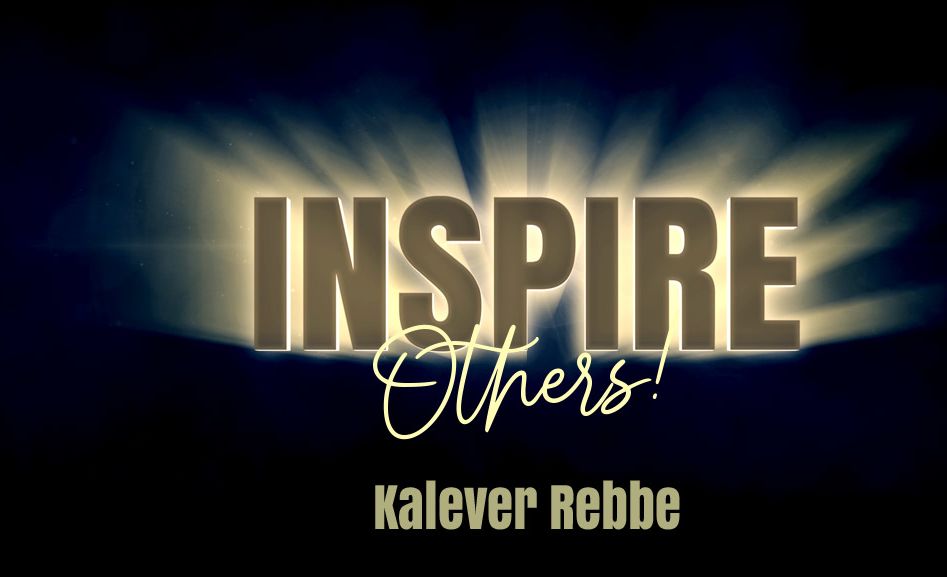
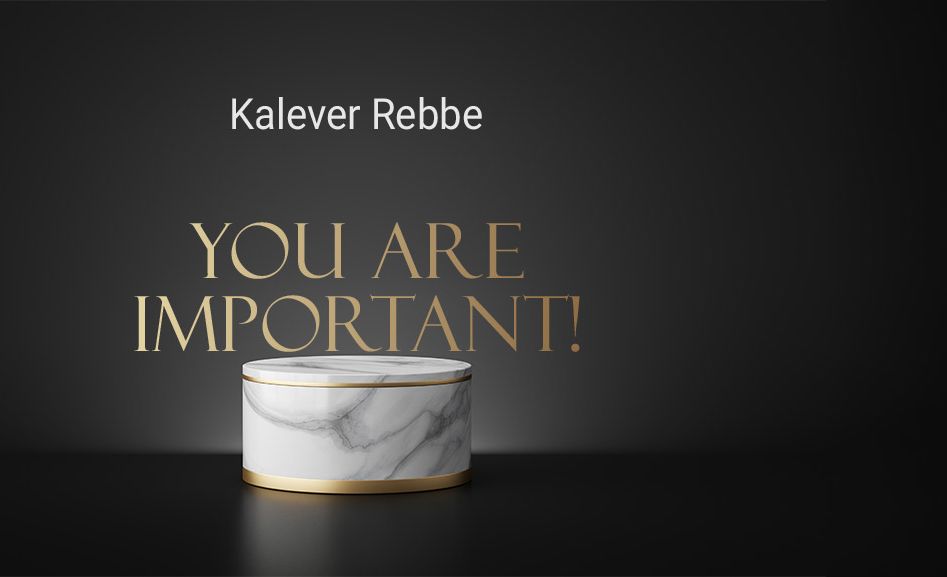
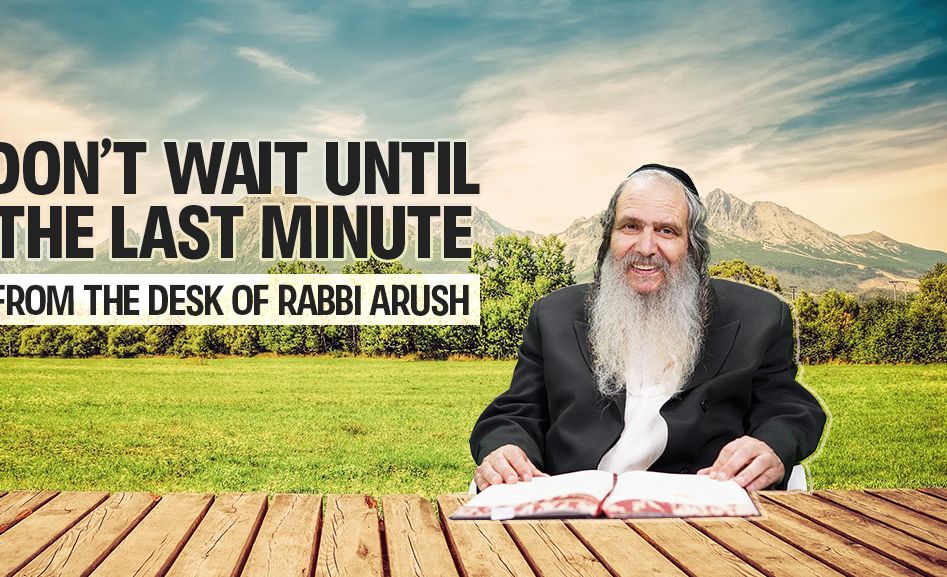


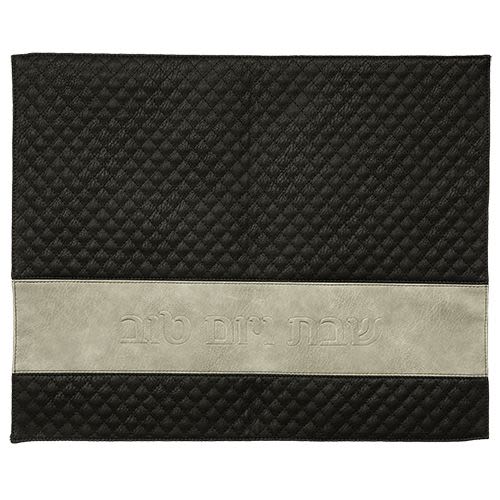

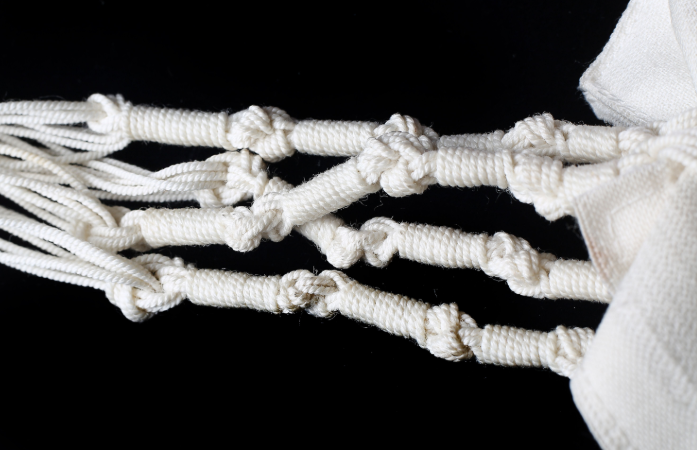
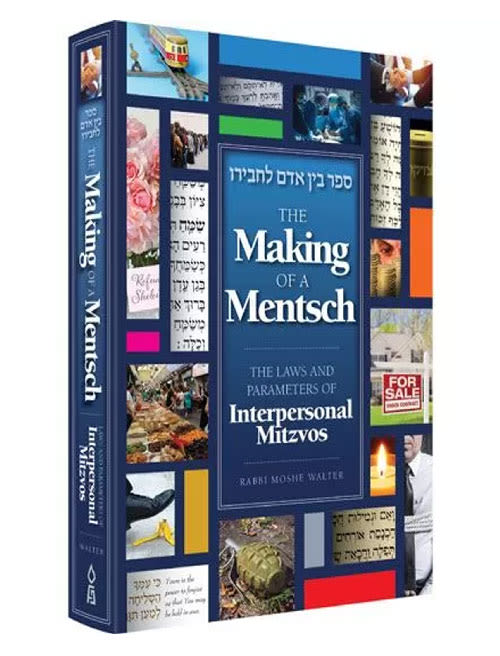
Tell us what you think!
Thank you for your comment!
It will be published after approval by the Editor.